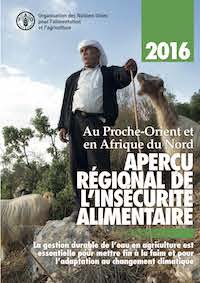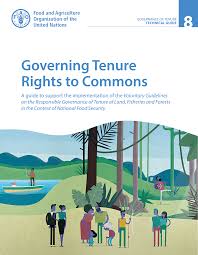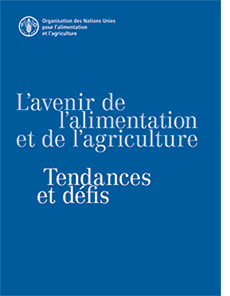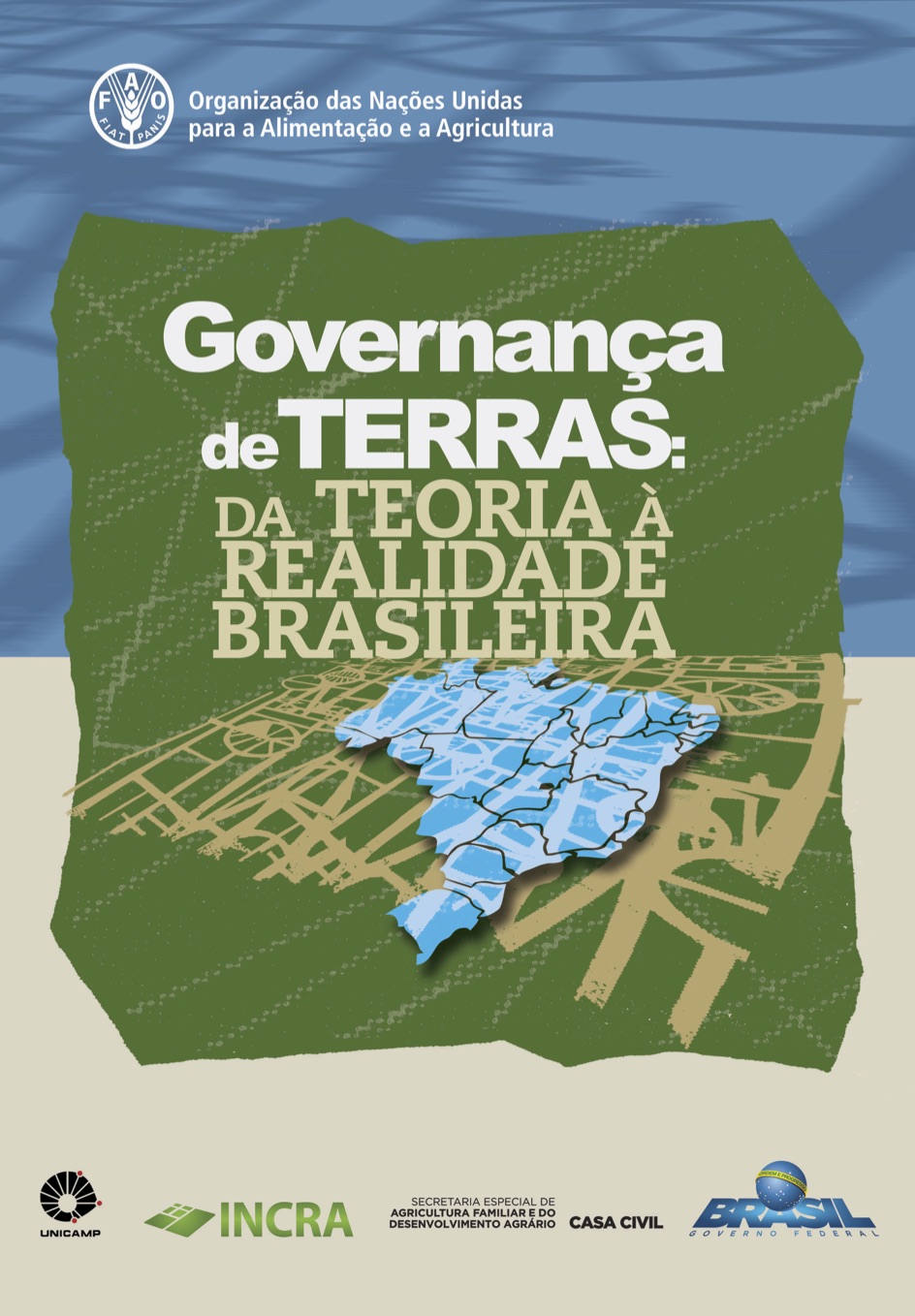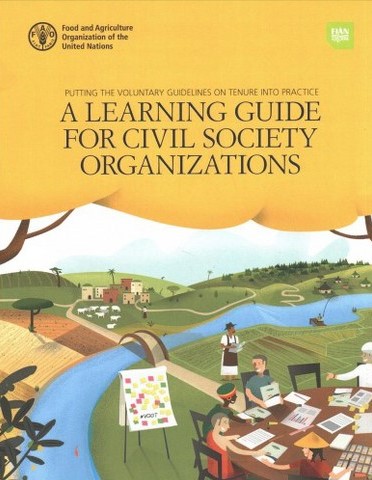Focal point
Location
The Food and Agriculture Organization of the United Nations leads international efforts to defeat hunger. Serving both developed and developing countries, FAO acts as a neutral forum where all nations meet as equals to negotiate agreements and debate policy. FAO is also a source of knowledge and information. We help developing countries and countries in transition modernize and improve agriculture, forestry and fisheries practices and ensure good nutrition for all. Since our founding in 1945, we have focused special attention on developing rural areas, home to 70 percent of the world's poor and hungry people.
Members:
Resources
Displaying 656 - 660 of 5074Aperçu regional sur l'insecurité alimentaire - au Proche-Orient et l'Afrique du nord
Source: Fao.org
La gestion durable de l’eau en agriculture est essentielle pour mettre fin à la faim et pour l’adaptation au changement climatique
Governing Tenure Rights to Commons
This guide aims to support states, community-based organizations, civil society organizations, the private sector and other relevant actors, to take proactive measures to implement the standards and recommendations of the Voluntary Guidelines on the Responsible Governance of Tenure (VGGT). The goal is to achieve legal recognition and protection of tenure rights to commons and community-based governance structures.
L’avenir de l’alimentation et de l’agriculture: Tendances et défis
Source: Fao.org
Les pressions sur les ressources naturelles, de plus en plus intenses, les inégalités qui continuent de se creuser et les répercussions négatives du changement climatique compromettent la capacité de l'homme à se nourrir par lui-même à l'avenir. Tel est le message alarmant d'un nouveau rapport de la FAO publié aujourd'hui.
Governança de Terras: Da Teoria à Realidade Brasileira
PUTTING THE VOLUNTARY GUIDELINES ON TENURE INTO PRACTICE: A LEARNING GUIDE FOR CIVIL SOCIETY ORGANIZATIONS
This learning guide has been designed specifically to give civil society and grassroots organizations a deeper understanding of the Voluntary guidelines on the responsible governance of tenure of land, fisheries and forests in the context of national food security (VGGT) to enable the members of these organizations and their constituents to use the VGGT meaningfully and effectively to improve the governance of tenure in their respective countries.







